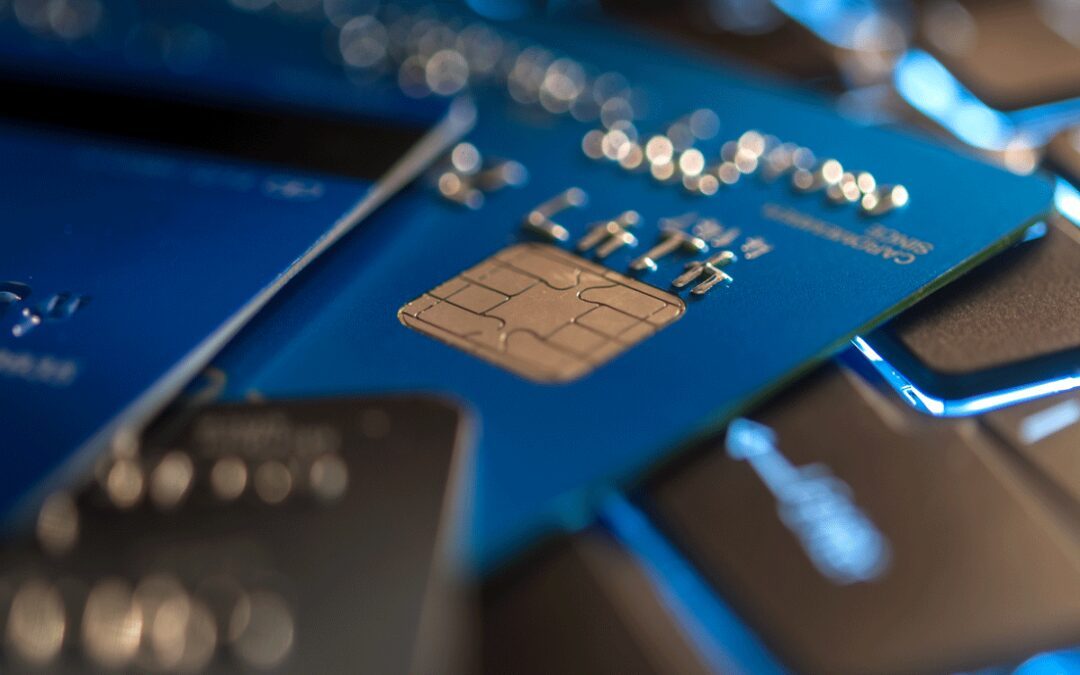The resounding success of the UPI as a payments and settlement platform has been at the cost of two other popular channels of payments and settlement – NEFT (national electronic fund transfer) platform and debit cards.
At a time when the value of UPI transactions grew 46 per cent y-o-y in November this year, NEFT rose by less than half that pace at 17.5 %, while debit card transactions contracted by 6.6 percent y-o-y in October, the latest Reserve Bank of India data indicate.
In terms of the amount settled, debit card transactions are just a third of the amount settled through UPI during the month. In value terms Rs 17 lakh was settled through UPI in November.
Besides widespread usage in financially savvy urban centers, UPI is now picking up in semi urban and rural areas.
“UPI transactions saw 118% and 106% increases in volume and value, respectively, at semi-urban and rural stores, representing the growing adoption of UPI beyond Tier II regions in the country,” said a report by PayNearby, a branchless banking and digital network.
In addition to individual retail transactions, UPI is emerging to be a choice for e-commerce transactions replacing relatively older modes platforms such as NEFT and even debit cards, say market players.
“In the dynamic landscape of digital payments, UPI is poised to become the universal choice for B2C and C2C transactions, while smaller B2B dealings will witness a seamless integration of UPI and cards,” said Ketan Patel, Co-Founder & CEO of Mumbai-based Mswipe Technologies, a digital payment solution provider.
“For substantial B2B transactions, NEFT will continue to stand as the preferred mode. The future heralds the persistence of UPI and NEFT, foreseeing a sunset for physical debit cards and the rise of virtual debit cards.”
The RBI is also widening the list of eligible areas or enhancing UPI transaction limits. It announced a slew of measures to bolster the ongoing digital drive. Those included the enhancement of UPI transaction limits for payments to hospitals and educational institutions to Rs 5 lakh per transaction from Rs 1 lakh, and higher limits for e-mandates for recurring online payments without any additional factor of authentication (AFA) for mutual fund subscriptions, insurance premiums and credit card payments.











